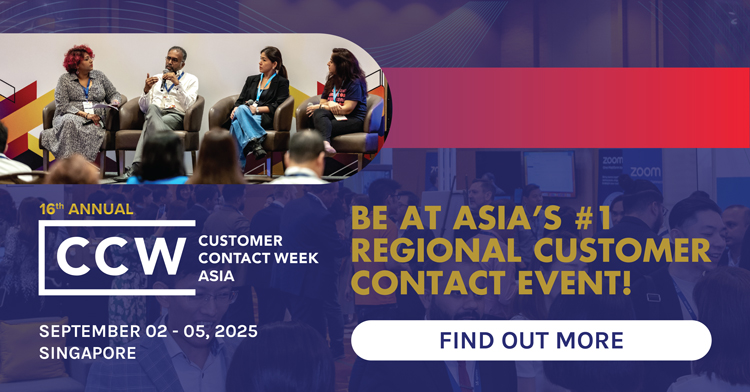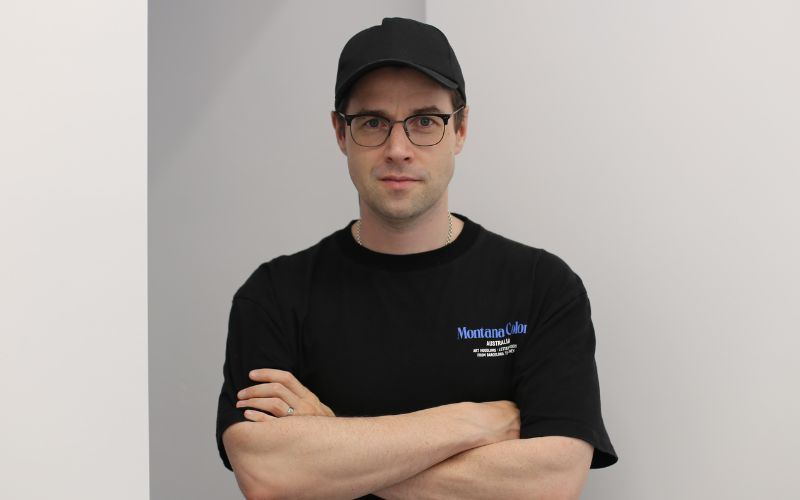Pernod Ricard Winemakers, a global leader in wines and spirits, underwent a significant shift in its marketing and customer experience (CX) strategy. Instead of focusing their messaging on the product itself, they reorientated their focus on understanding their customer’s journey and what their products meant in the broader context of their customers’ lives.
In this interview, Damian Madden Director of Consumer Experience & Digital Transformation at Pernod Ricard Winemakers, explains how the initiatives he has led brought about this change of perspective and how it impacted the business.
Mark Atterby (MA): Can you explain how and why Pernod Ricard Winemakers changed their messaging and the way they engaged with customers?
Damian Madden (DM): Traditionally, wine marketing focused heavily on the product itself – its origin, varietal, and accolades. This technical approach, while valuable to wine experts, often left other consumers feeling alienated and overwhelmed.
For example, describing a wine as a “Shiraz from the Barossa Valley, winner of two gold medals” would likely mean little to the average consumer.

Instead, we shifted our focus towards understanding the consumer’s desired experience. What did they want to do? We realised that wine wasn’t just a beverage; it was a component of a broader experience, like a romantic dinner or a celebratory gathering.
By framing our communication around these experiences we created more of a reason for people to connect and want to know more about the product and how it could help them. In short it created more value for them. “
MA: How important is understanding the underlying motivations and values of a customer?

DM: At the heart of successful CX lies understanding what truly matters to the consumer. What value are they seeking? I believe people don’t just value products; they value the meaning and experiences those products enable.
To uncover these deeper insights, we need to challenge our assumptions. For example, the question “Why do people buy wine?” might seem straightforward. However, the typical answer – “to drink it” – provides limited insights.
Instead, we need to delve deeper. Are they buying wine for a dinner party, a special occasion, or simply to unwind? Understanding these underlying motivations allows us to create experiences that resonate with the consumer and foster deeper connections.
This principle applies universally, regardless of the product or service. Whether it’s a high-end luxury item or a basic necessity like telecommunications, the key lies in understanding the deeper meaning and value that the product or service provides in the consumer’s life.
MA: How did this change impact the business?
DM : The change in perspective from product-centric to consumer-centric marketing significantly impacted our business. It influenced the platform we built (VNTNR) and the overall marketing strategy.
We moved away from focusing solely on awards and instead concentrated on the consumer experience. Imagine wine as a piece of art, similar to fashion. Winemakers, like fashion designers, use raw materials and inspiration to create unique collections each year. This concept translates to how winemakers craft wines – they use grapes to create unique expressions in each bottle.
We aimed to bring back the “theater of wine” by focusing on the entire customer journey, not just the product itself. This includes aspects like storing, opening, savouring, and pouring the wine. VNTNR, our platform, goes beyond just selling wine. It’s an experience platform that provides customers with the tools to explore and create their own wine experiences, both individually and socially.
MA: What advice do you offer others who want to become CX Leaders?
DM :A fundamental principle in any successful business is to prioritise the consumer in every aspect of operations. It’s crucial to understand that consumers exist beyond the confines of your brand ecosystem.
Many CX professionals focus solely on optimising the customer experience within their own ecosystem. This often translates to streamlining processes like insurance claims or online applications, making them more efficient for the consumer.
However, a more holistic approach to CX recognises that your product or service is merely a small part of the consumer’s overall life. For example, consider a dinner party. It’s not just about the food; it’s about the entire experience – the ambiance, the music, the company.
True CX excellence lies in identifying how your brand can enhance this broader experience. This requires deep consumer insights to understand their values, aspirations, and the experiences that truly resonate with them. Ultimately, the goal is to shift from a purely “value extraction” model, where the focus is primarily on maximising profits, to a “value exchange” model. This involves creating a mutually beneficial relationship with the consumer, where both parties gain value from the interaction. This requires a two-way street of communication and engagement, fostering a deeper connection between the brand and the consumer.
Damian Madden was CX Leader of the Year for 2024. The CX The CX Awards, organised by Ashton Media, have been celebrating and recognising outstanding achievements in customer experience (CX) for the past seven years. Ashton has announced the finalists for the 2025, where the winners will be announced at the awards ceremony, March 6, 2025. Awards Please visit CX Awards to see the full list of award categories and finalists for 2025.

